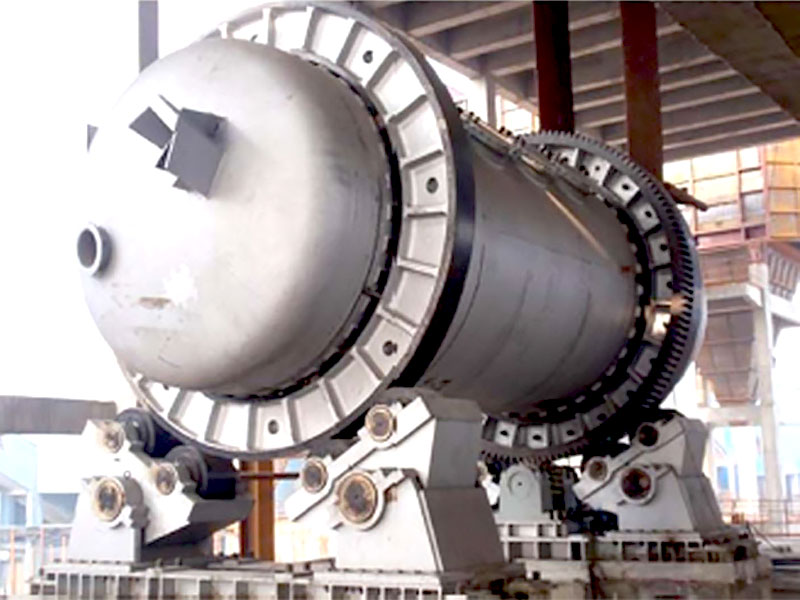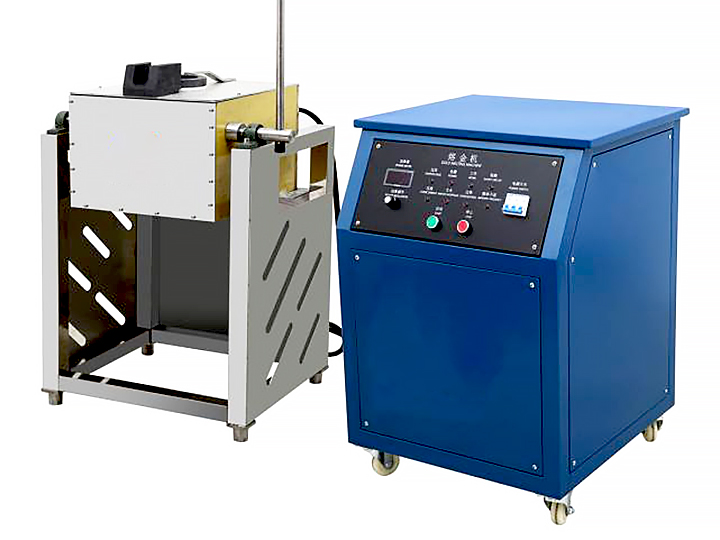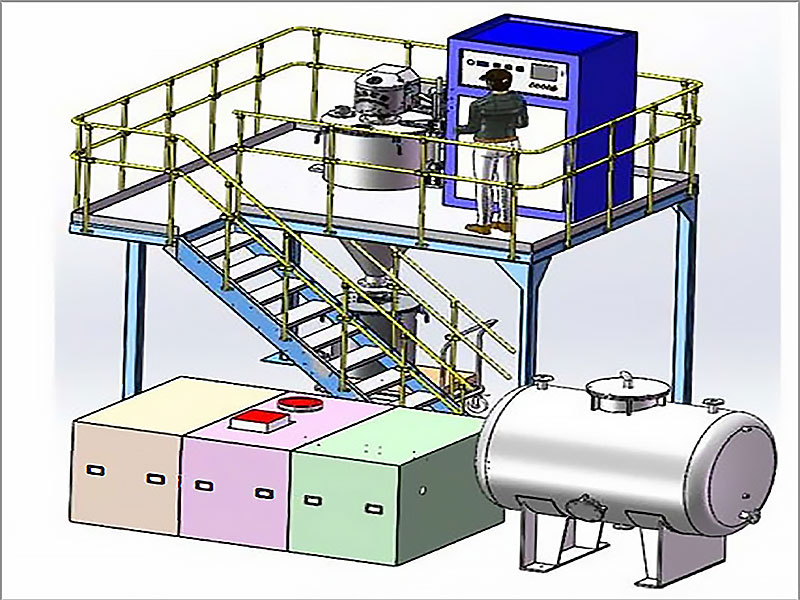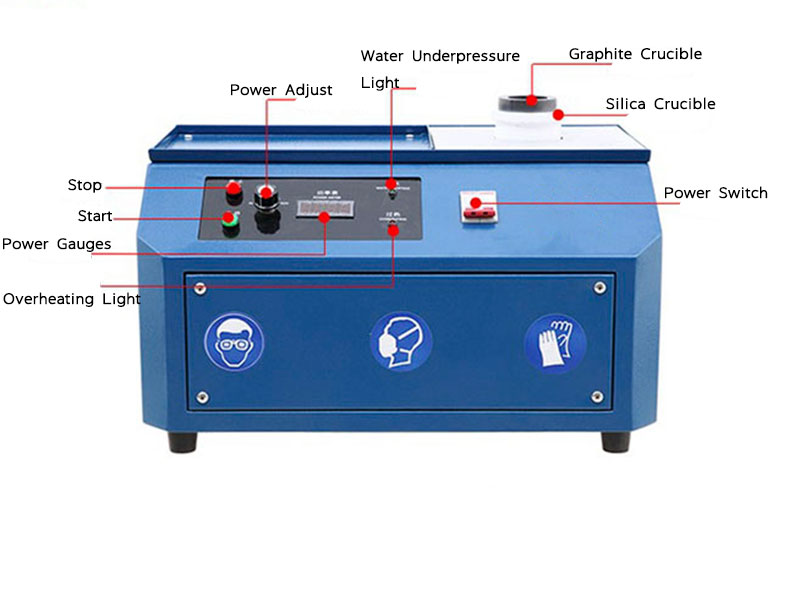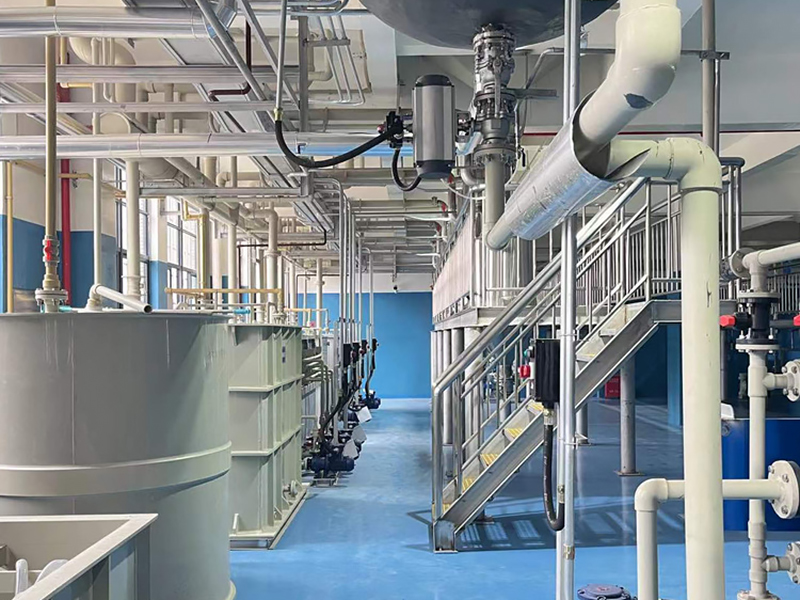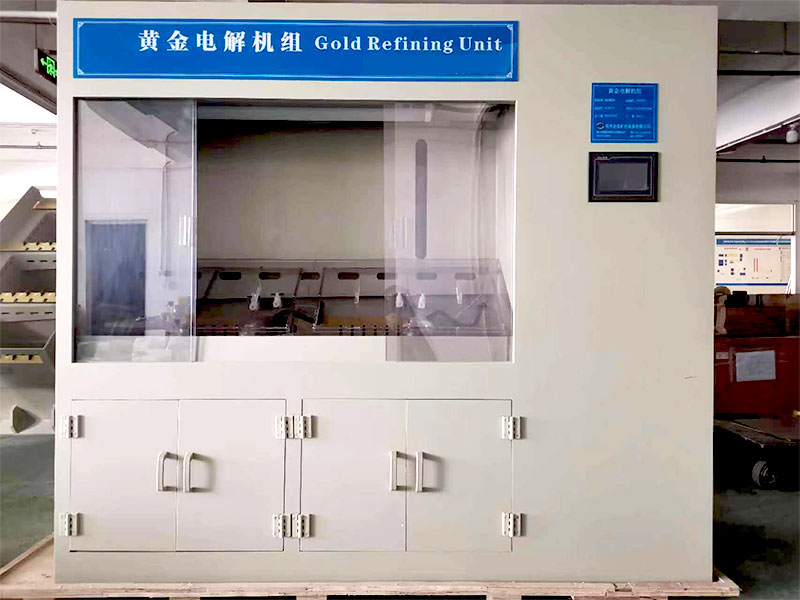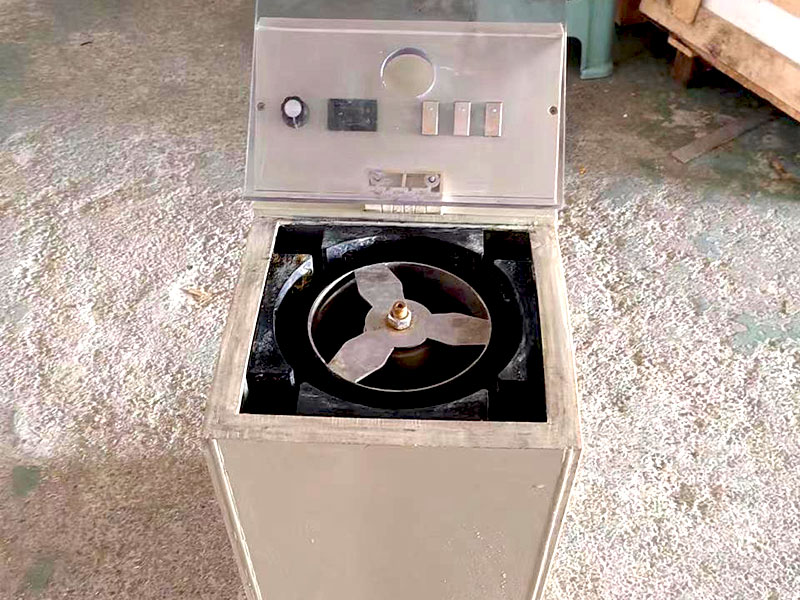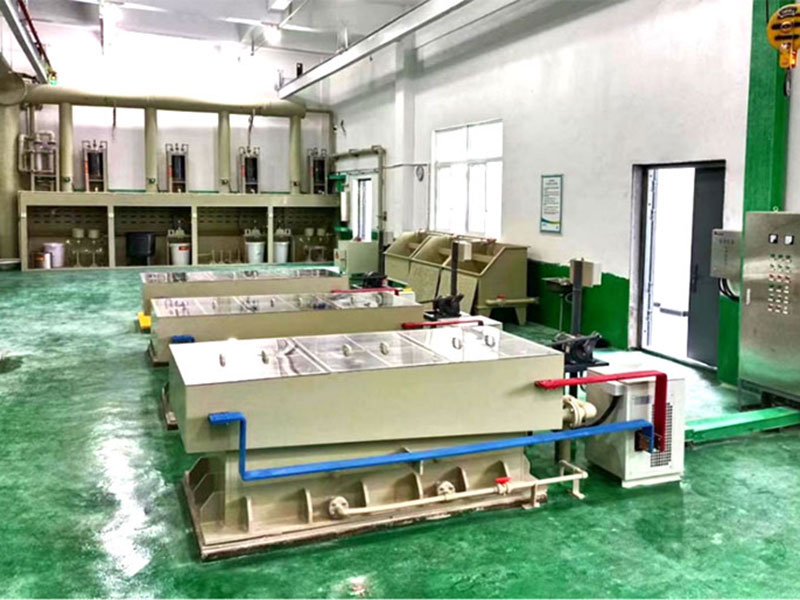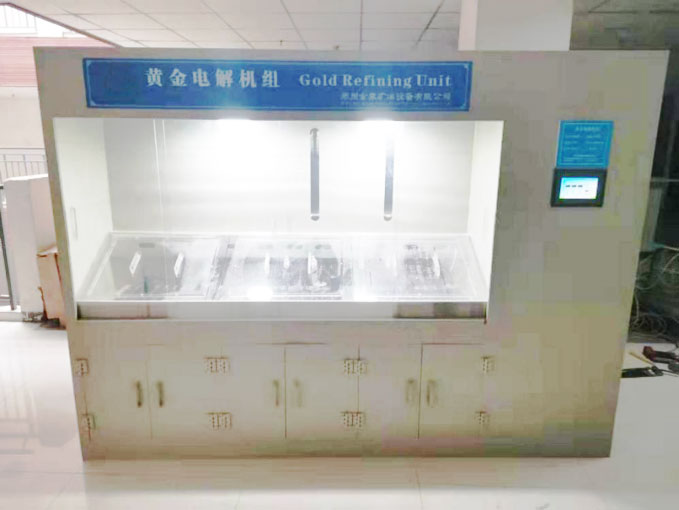roasting process smelting silver ore
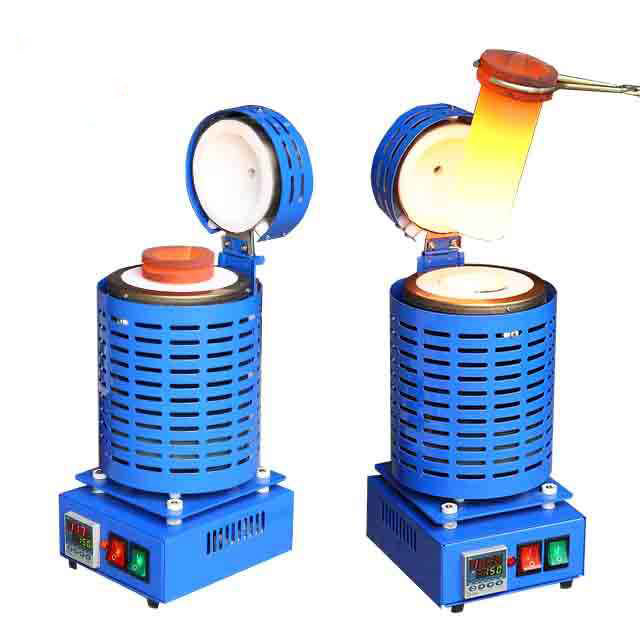
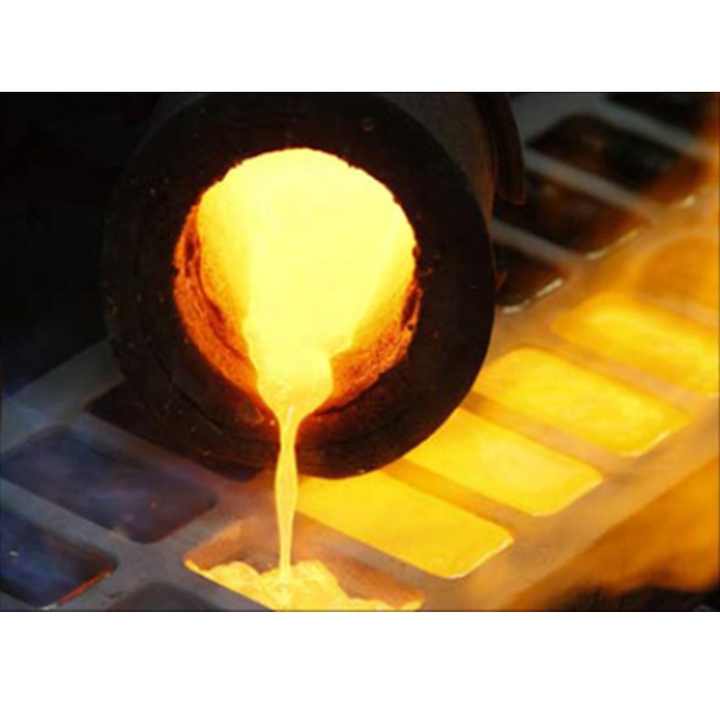
The Roasting Process in Smelting Silver Ore
The roasting process is a crucial step in the smelting of silver ore, designed to enhance the extraction of silver from its mineral forms. By understanding the intricacies of this process, one can appreciate its significance in achieving high yields of refined silver.
What is Roasting?
Roasting is a pyrometallurgical process where concentrated ore is heated in the presence of air. This process helps to convert sulfide ores into oxides, which are more amenable to further reduction during smelting. In the case of silver ore, the roasting phase is essential for removing unwanted elements such as sulfur and arsenic, thus improving the quality of the final product.
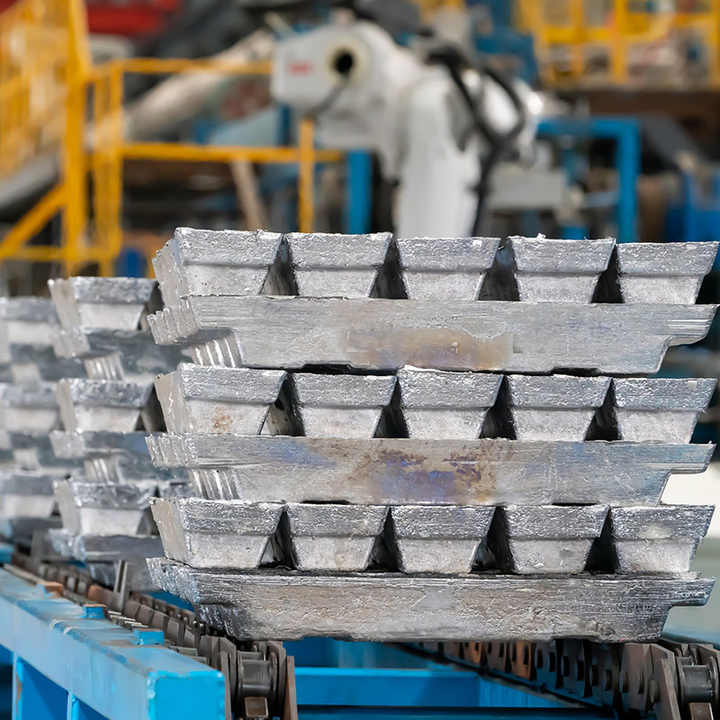
The Importance of Roasting in Silver Ore Smelting
When silver is found in ore, it is often accompanied by various sulfide minerals. These sulfides can hinder the extraction of silver if not properly processed. The roasting process transforms these sulfides into oxides, making the silver more accessible during subsequent smelting.
Steps Involved in the Roasting Process
- Preparation of Ore: The silver ore is first crushed and ground to increase the surface area, making it easier to react during roasting.
- Heating the Ore: The prepared ore is then placed in a roasting furnace. Air is introduced into the furnace to facilitate the oxidation of sulfides. The temperature is carefully controlled, typically ranging from 500°C to 800°C (932°F to 1472°F), depending on the specific minerals present.
- Chemical Reactions: During roasting, several chemical reactions occur:
- Sulfide minerals are oxidized to sulfates or oxides.
- Arsenic and other impurities are released as volatile compounds.
- The resulting material is a mixture of metal oxides and unreacted material.
- Cooling and Separation: After roasting, the ore is cooled and may require further processing to separate the valuable metal oxides from the remaining waste materials.
Benefits of the Roasting Process
The roasting process significantly enhances the efficiency of silver extraction by:
- Removing Sulfur: Reducing the sulfur content helps prevent the formation of harmful gases during smelting.
- Improving Purity: The conversion of sulfide to oxide improves the purity of the silver extracted in later stages.
- Facilitating Smelting: Oxides are generally easier to reduce in the smelting process, leading to higher recovery rates of silver.
The roasting process is an essential step in the smelting of silver ore, transforming sulfide minerals into more easily processed oxides. By understanding and effectively implementing this process, metal refiners can significantly enhance their silver recovery rates, leading to higher-quality silver products. As such, mastering the roasting process is crucial for anyone involved in the silver mining and refining industry.

